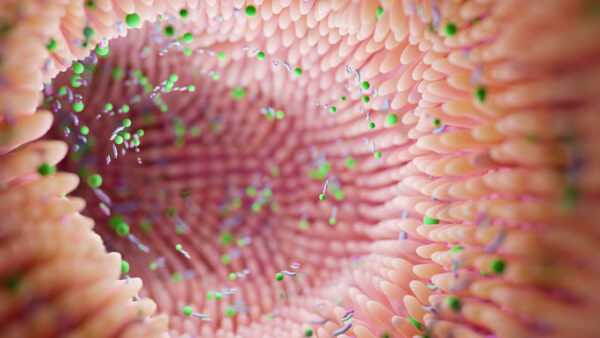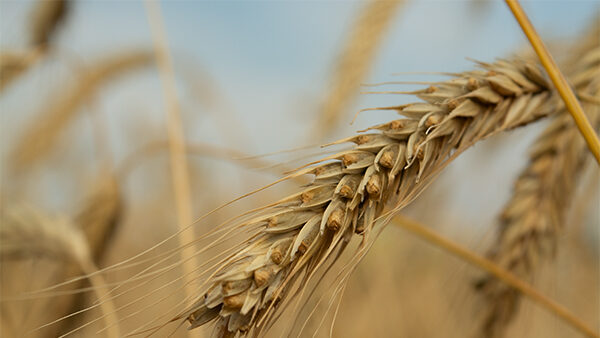At the Canadian Seed Growers’ Association, we want to ensure that our standards and regulations are agile and reflect modern practices and technology. We launched a seed cleaning research project in 2021 to gather data to inform a review of CSGA’s maximum impurity standards for mechanical impurities in cereals and small grains (Section 2) of Circular 6.

Due to improvements in seed cleaning technology, more seed lots can be cleaned to meet the mechanical purity standards for the harvested seed set out in the Grade Tables of the Seeds Regulations.
We invited growers to participate in the project if their fields were demoted or declined pedigreed status due to mechanical impurities no more than six times the number of other crops permitted in the Circular 6 standards. For example, a barley field with up to 12 oat plants reported during inspection would be accepted as the standard is two oat plants for Certified status.
By cleaning their seed and providing third-party evidence that the mechanical impurities could be removed and that the seed met a pedigreed grade standard, CSGA would issue a crop certificate for that seed crop.
There were 53 eligible fields for the project. Thirty-seven of those fields would typically have been declined certification, and 16 would have been demoted from Foundation or Registered down to Certified seed. The most common issue in these fields was oats in barley and vice versa, although other cereal combinations were also seen.
In evidence-based research, we need to explore the potential impact of allowing seed crops with greater mechanical impurity levels to be certified before proposing actual changes to our in-field mechanical purity standards. Data on the quantity of seed cleaned, the cleaning equipment used, and the registered seed establishment used are being collected. The results of this project will be presented to CSGA’s Regulatory Services Committee to help inform future standard modernization.
We look forward to reporting more results soon.
WHAT IS SEED PURITY?
Mechanical purity is a measure of the proportion of other crop kinds and weeds in a seed lot.
Varietal purity is a measure of the proportion of plants or seeds within a population that conform to the variety’s official description. Plants or seeds of the same species which don’t conform to the variety’s norm are considered varietal impurities or off-types.











